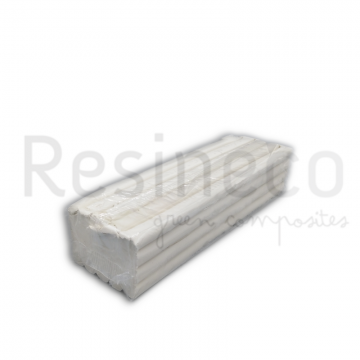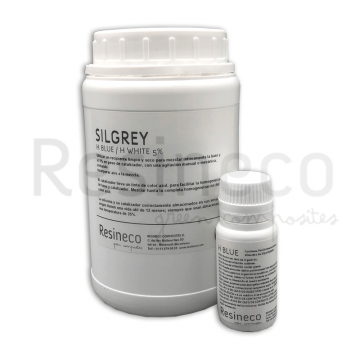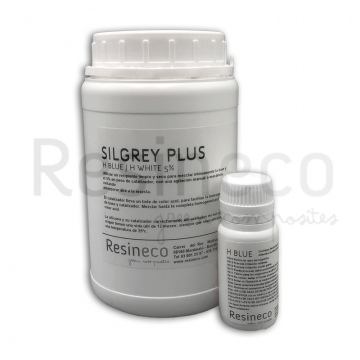- remove_red_eye 21574 views
We work on a surface, of any material, it can be wood but it also works with plastic, metal, etc., the object from which we want to create the negative, the mold.
.
Once we have it well fixed (we can do it with double-sided tape, modeling clay, white glue or fixing silicone ...) We make the formwork or box that will retain the silicone of any type of material, as long as it is not silicone, Although we do not recommend a very porous material such as plaster or porex.
.
This formwork is sealed and fixed with heat tape, polypropylene tape, tacky tape, any adhesive that works well for us and we have on hand and make sure that it is well fixed and sealed.
.
It is important, during this process, to leave a certain margin of the object with the wall of the planks so that the silicone wall has a minimum thickness of 1cm, because otherwise, the risk that may exist is, once we have the mold, that when filling it with any resin, it bulges and creates us copies not faithful to the original.
Taking these considerations , the next part is to mix the silicone with the catalyst, trying to make minimmum bubbles as possible , taking the time to dump the silicone always from the lowest area of the formwork, so that it itself fills in the gaps .
.
After 24 hours you can unmold and you will have your negative to reproduce copies of your favorite piece!
Related products
MODELLING CLAY CLASSIC WHITE 1 KG
Innovative modeling paste and suitable for any application. Format 1 Kg.
Important note: These molding pastes never dry, thanks to their high wax and oil content.
SILGREY PLUS
RTV (Room Temperature Vulcanization) Silicone Standard for all types of fast, flexible and non-stick molds.
_x000D_
NEW FORMULA, BETTER STRENGTH RESISTANCE, TO GET MORE COPIES FROM A MOLD




